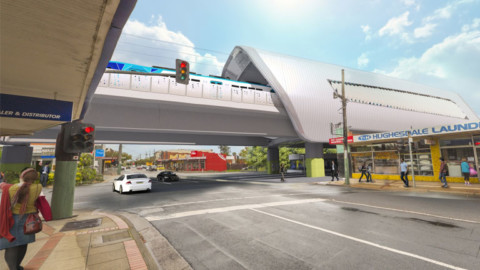A $500,000 contract has been awarded to produce a business plan for a potential faster rail link between Bunbury and Perth.
In partnership with MER Consult and Arup Group, KPMG has been awarded the contract to produce the project’s strategic business case, which will include an evaluation of the potential economic, social and environmental costs and benefits of the project.
Bunbury MLA, Don Punch, said, “A faster rail between Bunbury and Perth has been talked about for many years and I’m pleased that the Western Australian Government is taking steps towards assessing if this is a viable long-term plan.
“I am confident the total rail package we have created, including the Australind and its renewal, along with putting aside funding for the fast rail to Bunbury, signals a very positive rail future for Bunbury.”
The proposal aims to improve public transport travel between Perth and Bunbury, with the existing Australind service trip taking two and a half hours.
Murray-Wellington MLA, Robyn Clarke, said, “There are so many wonderful towns between Perth and Bunbury – Harvey, Pinjarra and Cookernup just to name a few – and a high-speed train will provide more access for locals and tourists alike.”
Once complete, the strategic business case will help outline the economic and population conditions required for this future piece of transport infrastructure to be viable.
Western Australian Transport Minister, Rita Saffioti, said, “The business case will use population data, travel patterns, land use planning and other metrics to assess the project’s economic, social and environmental benefits, which will help guide us when making decisions about its development.
“The strategic business case is a first step in understanding what a faster public transport link between Perth and Bunbury might look like.”
The Federal Government allocated $4 million in the 2020-21 Budget for high-level investigations into a faster train to Bunbury, with the Western Australian Government matching that investment.
Detailed planning work will continue throughout 2023, with the strategic business case expected to be ready in mid-2024.
This is long-term planning for a fast train that, if the study finds it feasible, is still many years away.
















